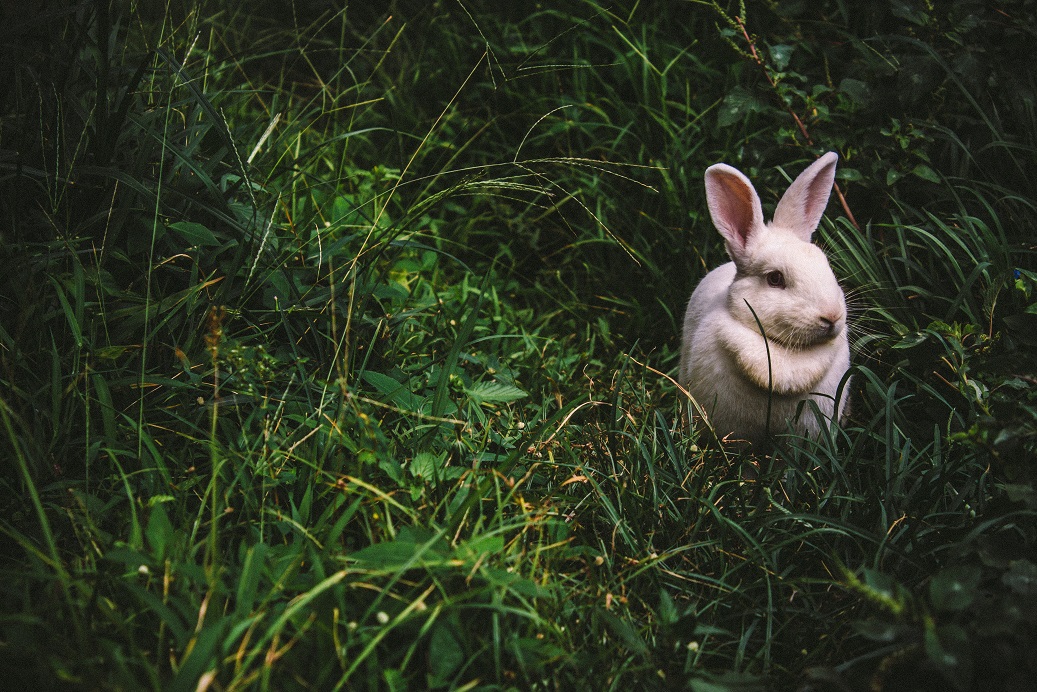Posted on 18 Mar 2020 in Disease, Pocket Pets, Darwin
Rabbit Health

Vaccination
Currently in Australia we offer one vaccination for rabbits called Cylap, which protects against Rabbit Haemorrhagic Disease (RHD) virus (also known as Calicivirus). RHD occurs in wild rabbits in Australia and causes acute haemorrhage and death. Cylap needs to be given every year to maintain immunity. Cylap comes in multi-dose bottles which need to be disposed of 24hrs after opening, so we tend to host rabbit vaccination days to minimise waste and ensure many pet rabbits can take advantage.
Parasite prevention/worming
Routine parasite prevention or worming is generally not required in rabbits, only if there is a problem. One of the more common parasite of rabbits that we see in vet practice is the ear mite, which can be treated with a topical product. If you have concerns that your rabbit may have a parasite please don't hesitate to book an appointment.
Diet
One of the most important factors in keeping pet rabbits happy and healthy is feeding them an appropriate diet. We have a separate handout available which goes into our recommended rabbit diet in more detail. In summary however, it is very important to ensure the majority of your rabbit's diet is made up of good quality grass hay (80-90%), followed by fresh leafy greens (10-20%). Treats and pellets should only make up a small percentage and should be limited.
Dental health
One of the most common rabbit health issues we see as vets is dental disease. Rabbit teeth are different to our own because they continuously grow throughout a rabbit's life and rely on being worn down when a rabbit chews their food. Therefore (as mentioned above!) diet is very important; having plenty of roughage like hay to chew on will help prevent a rabbit's teeth from becoming overgrown. Genetics can also play a role; some rabbits are born with teeth that don't align properly and therefore don't get worn down like they should. This can lead to overgrown teeth or teeth with sharp edges which can be very painful. Even if a rabbit's incisors (front teeth) look okay, their molars (back teeth - which are much harder to see) may have problems. If you are concerned about your rabbit's teeth please don't hesitate to contact us.
Desexing
We recommend desexing all pet rabbits for a number of reasons. Desexed rabbits are less likely to develop behavioural problems such as aggression towards other rabbits or humans. Desexed female rabbits are at a much lower risk of uterine cancer, which unfortunately is a very common problem in entire females. Also rabbits are very proficient breeders so if a male and a female are housed together it is a must to get them desexed! Desexing is usually done at around 4-6 months of age.
Gut stasis
Gut stasis is a serious condition in rabbits where their gut slows down and stops fermenting and digesting their food. It can be brought on by a number of different causes including stress, inappropriate diet, other sickness/pain, hair balls, etc. The signs of gut stasis to look out for are a decrease in the number of faecal pellets, eating less, and/or being quiet/depressed. Gut stasis can be an emergency in rabbits so if you notice any of the above please call us right away.
Photo by Victor Larracuente on Unsplash

